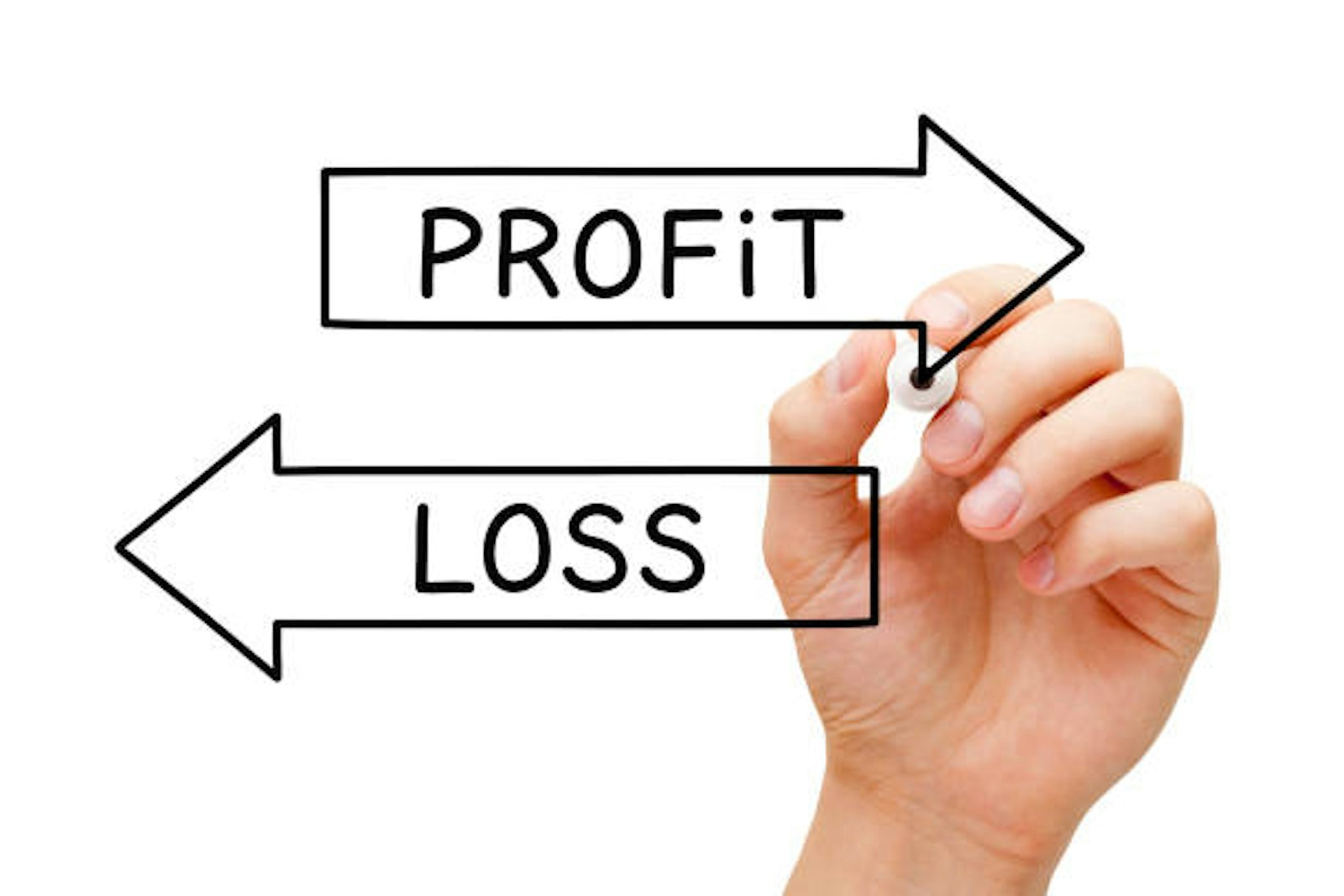

Whether you are a small business owner, an aspiring entrepreneur, or simply someone interested in the world of finance, understanding profit and loss is essential. Profit and loss are two crucial components of any business's financial health and can determine its success or failure. In this beginner's guide, we will demystify the concepts of profit and loss and provide you with the knowledge you need to navigate these financial waters.
The profit or loss report is a key indicator of a business's financial performance. Profit represents a business's surplus after deducting all expenses from its revenue. On the other hand, loss occurs when a business's expenses exceed its revenue, resulting in a negative financial outcome.
Revenue is the total amount of money a business generates from its sales or services. It is the lifeblood of any enterprise and is calculated by multiplying the number of units sold by the price per unit. Revenue is the starting point for determining profit or loss.
Expenses are the costs incurred by a business in order to operate and generate revenue. They can include rent, utilities, salaries, raw materials, marketing expenses, and more. It is crucial to accurately track and categorize expenses to determine their impact on profitability.
Profit is calculated by subtracting total expenses from total revenue. If the result is a positive number, it indicates a profit. This surplus can be reinvested into the business, distributed to shareholders, or used for various growth initiatives. A negative result indicates a loss, which requires immediate attention to identify the root causes and take corrective measures.
Profitability can be influenced by various internal and external factors. Understanding these factors can help businesses make informed decisions. Some key factors include pricing strategies, cost control, competition, market demand, economic conditions, and industry trends.
Profit and loss are fundamental concepts that determine the financial health and success of a business. By understanding the components of profit and loss, calculating them accurately, and monitoring their fluctuations, entrepreneurs and individuals interested in finance can make informed decisions and take proactive steps to improve profitability. Remember, profitability is not just about making money; it's about maintaining sustainable growth and securing a strong future for your business.
Get started with a free consultation to find out how we can help.